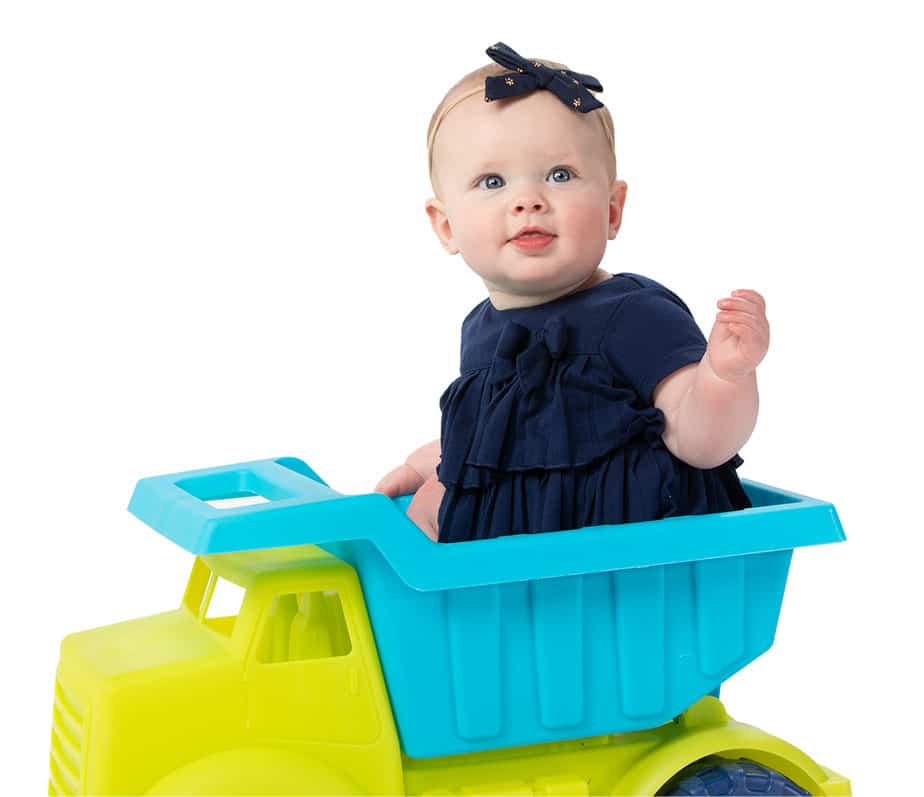Traveling with kids is notoriously tricky, but partaking in a getaway with a child who has autism or sensory integration issues can be exhausting, overwhelming, and anxiety-inducing. Working with a pediatric occupational therapist can help you prepare. Oftentimes, kids with autism or sensory integration issues thrive on routine, and while a vacation sounds fun, it might be tough for your child who craves the constants they love and know at home. Fortunately, there are a few things you can do to ease the travel for both you and your kiddo in hopes of making the experience enjoyable for all.
7 Travel Tips & Tricks for Parents of Children with Sensory Sensitivities
1. Call Ahead
Although we are all used to surfing the internet for information, all major travel providers staff live people you can call to get all the information you need to feel safe and comfortable while traveling with your child. Call ahead to find out how they can accommodate your child’s special needs, as well as what they have to offer to make the experience more enjoyable. Knowledge is power, and armed with it, your travel can start on the right foot.
2. Snacks, snacks, snacks
It probably goes without saying that many kids can be quieted and calmed with a fun snack or sweet treat. Often times, it’s hard to wait for food – especially if you’re a child with autism needing the routine of your 10:00AM snack. Pack all the snacks you need, and then add some more!
3. Know your Route
Kids with autism and sensory issues often are not able to “wing it;” if you know this about your child, study the route and plan accordingly. Many children struggle to sit still for any length of time, so do your best to allow breaks to move around. If your child is picky about food, pack what they need or be aware of what’s available along the way to avoid meltdowns.
4. Make an activity bag
You know your child best; what do they like to do? Travel can feel long for any child, so making a bag with activities you know your child will enjoy can make the trip fly by. Whether it’s a special coloring book, a movie on the iPad, or a card game you can play for a good chunk of time, pack ahead to make things easier on everyone.
5. Plan for loud noises
Many children with autism or sensory integration issues struggle with unknown or loud noises. Noise-canceling earphones, soft music on an iPod, or a favorite TV show on an iPad works wonders to blur the noise in the background and instead replace it with familiar sounds to distract your child.
6. Talk about your trip and let them know what to expect
Traveling with autistic or sensory-challenged kids can be difficult because the typical, everyday routine is thrown aside. Talk to your child about your upcoming trip, and help them visualize it by creating a story board or book to explain what will happen. Additionally, pretend play is a great way to help a child grasp what to expect, so don’t be afraid to act out different scenarios with your significant other or a friend to help your child understand.
7. Roll with the punches
It goes without saying that traveling is an adventure and doing so with special needs kids is perhaps even more so. Plan and prepare as much as possible, but know that there will be things that do not go according to plan. That’s ok! Smile, take a deep breath, and know that you’re providing a wonderful opportunity for your child to see things from a different perspective.






